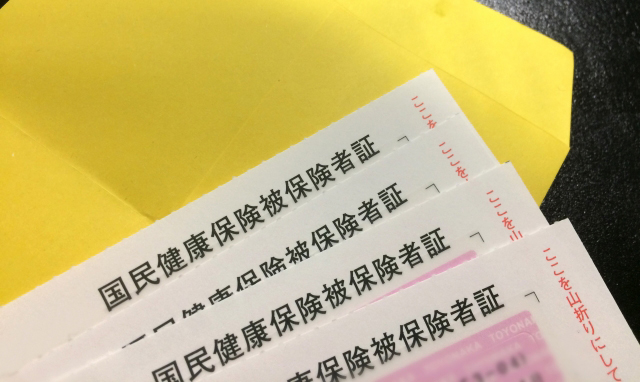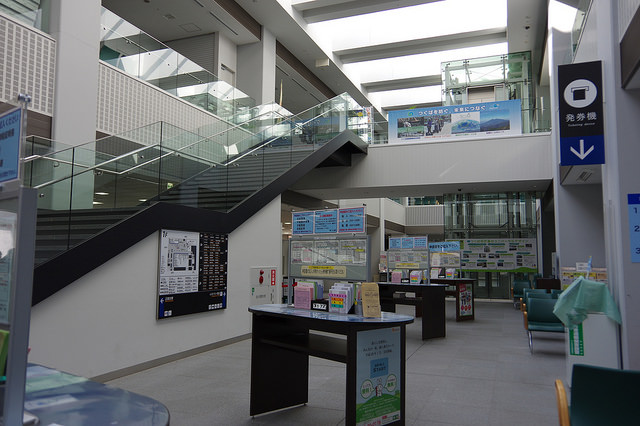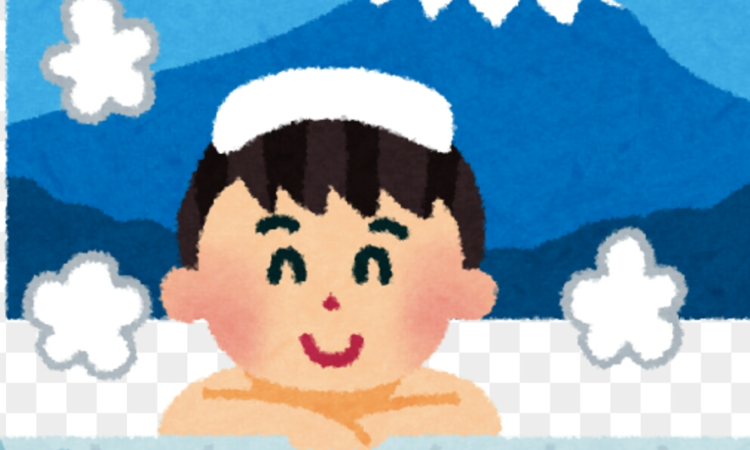Japanese health insurance system is said to be one of the best in the world and that contributes to Japanese people’s long life expectancy. 国民健康保健(Kokumin Kenkō Hoken: National Health Insurance, or NHI), is one of the public health insurance programs in Japan. So, if you are in Japan, there is no reason not to benefit from it. However, a lot of foreigners in Japan don’t apply for it since the system seems quite complicated for them. So, what is NHI anyway? What is covered and not covered? Should every foreigner apply for it? I’ll walk you through every aspect of it.
What is NHI (National Health Insurance)?
Every resident in Japan is required to enroll in some kind of public health insurance, which is divided into two major categories: Employees’ Health Insurance (also known as Social Health Insurance) or National Health Insurance. Employees’ Health Insurance is for employees who work at companies. The employers pay half of the premiums and the rest is taken out of the employee’s salary. National Health Insurance, on the other hand, is managed by local municipalities and for people who are not eligible for Employees’ Health Insurance, namely, the self-employed, freelance-workers, the unemployed, and pension recipients. People with NHI have to pay the full amount themselves. The monthly premiums vary depending on the person’s salary and the place they live in, so check with the municipal office in your area of residence to find out how much they are going to be.
What is Covered by NHI?
★What is covered
When you get treated for a disease or an injury at a hospital (including dental and vision), and if you have NHI, you only need to pay 30% of the total cost. The coverage includes a doctor’s visits/consultation, treatments, surgery, medicines, hospitalization, home health care, and so on.
★高額療養費制度 (Kōgaku Ryōyōhi Seido: High-Cost Medical Expenses System)
There is also a system called高額療養費制度 (Kōgaku Ryōyōhi Seido: High-Cost Medical Expenses System) in which if your medical expenses exceed a certain amount in a given month, the amount paid over the limit will be reimbursed to you. The maximum amount varies depending on your annual salary.
★What is not covered
The following is a list of treatments and situations that are not covered by NHI.
・Routine check-ups
・Immunizations
・Cosmetic surgery
・Orthodontic treatment
・Normal childbirth
・Injury or illness resulting from misconduct such as fights and drunkenness.
・Injury during work (usually covered by workers’ compensation).
Does every foreigner have to apply for NHI?
Every foreigner who lives in Japan for more than 3 months has to apply for NHI, excluding the cases listed below.
・They work at a company and are enrolled in Employees’ Health Insurance.
・Their period of stay has expired.
・Their period of stay is less than 3 months.
・They are receiving welfare benefits.
・They are over 75 years old.
・Other special situations.
What Happens if I don’t apply for NHI?
If you live in Japan for more than 3 months, you have to apply for NHI, but even if you don’t, you won’t be forced to do that, or punished. However, if you get ill or injured in an accident or something, you would have to pay the full amount. And remember, most Japanese hospitals and clinics don’t accept foreign insurance. There are also some medical institutions that don’t accept patients without NHI.
In that case, you can decide to apply for NHI on the spot, but you will get charged for up to 2 years of back payments, which gets quite expensive.
When, Where and How to Apply
You have to apply for NHI at the municipal office in your area of residence within 14 days of any of the events listed below.
・Arrival in Japan
・When you move to another city
・When you withdraw from Employees’ Health Insurance offered by your company.
・When you lose dependent status in the family of a covered employee
The documentations needed for the application are在留カード(Zairyu card or Residence Card) or 外国人登録証明書(Gaikokujin Touroku Shoumeisho: Alien Registration Certificate). If you quit a job, you also need to bring resignation certificate or any form of paper that proves your unemployment status. The municipal office will issue you with a NHI card and invoices for the monthly premiums.
When, Where and How to Pay
The invoices for the monthly premiums will be sent to the head of a household. The amount of the premiums you will pay gets calculated and determined from April to May and the invoices will be sent to you in May or June by mail. You will pay them from June to March next year.
You can pay the premiums using any of the methods listed below.
・Automatic withdrawal from your bank account.
・Invoices : You can pay them at the municipal office, bank, post office, or convenience store.
・Yahoo公金(Koukin: Public Money) : An online service where you can pay them online by credit card. But, the number of municipalities that accept this payment method is limited, so check with the municipal office in your area.
・nanako: An electronic money card that you can charge with cash or credit cards.
Conclusion
Every foreigner who lives in Japan has to join any of the public health insurance programs, and National Health Insurance is one of them. Even if you don’t apply for it, you won’t be punished. But, you’ll be taking a huge risk. For you to safely enjoy your stay in Japan, I’ll advise you to join NHI.
Yoshi / Japan









